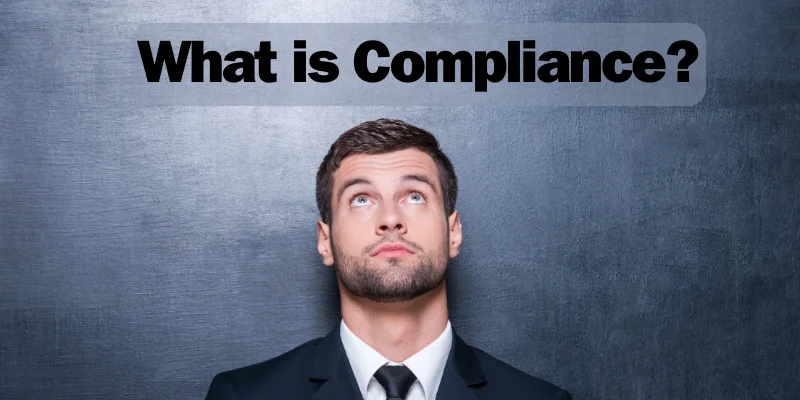In the dynamic realm of modern business, where the intersection of compliance and governance shapes the trajectory of success, the term Compliância emerges as a beacon of strategic significance. This introduction invites you to embark on a journey through the intricacies of Compliância, a term that encapsulates more than just regulatory adherence—it embodies a comprehensive commitment to ethical conduct, transparency, and operational excellence.
What Is Compliância?
Compliância is a term combining “compliance” and “governance,” representing a comprehensive approach in business to ensure adherence to regulatory standards, ethical practices, and transparent governance.
Unveiling the Essence of Compliância
In the ever-evolving landscape of business and governance, staying abreast of essential concepts is paramount. One such term that has garnered attention is Compliância. In this comprehensive guide, we delve into the intricacies of Compliância, demystifying its meaning and exploring its pivotal role in today’s corporate world.

Understanding Compliância: A Holistic Overview
Compliância, a portmanteau of compliance and governance, embodies a multifaceted approach to ensure adherence to regulatory standards and ethical practices within an organization. It extends beyond mere legal conformity, encapsulating a commitment to transparency, accountability, and ethical conduct.
Key Components of Compliância
- Regulatory Compliance: At its core, Compliância involves aligning business operations with local and international regulations. This encompasses legal frameworks, industry standards, and data protection laws, fostering a culture of legal astuteness within the organization.
- Ethical Governance: Beyond legal mandates, Compliância underscores the significance of ethical decision-making. Companies adopting Compliância prioritize ethical considerations, fostering trust among stakeholders and contributing to long-term sustainability.
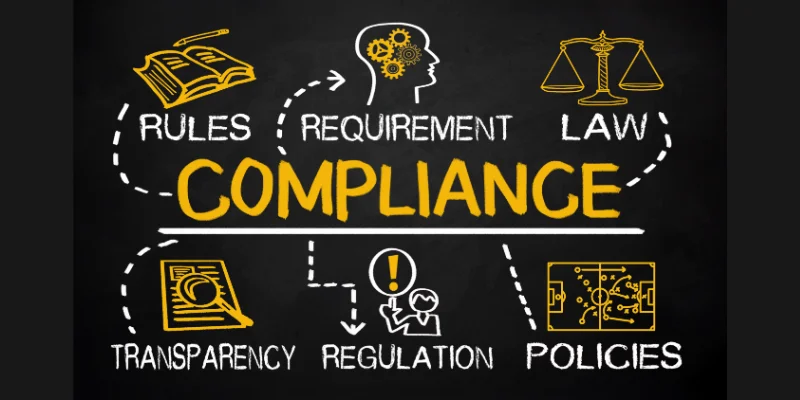
The Role of Compliância in Corporate Success
Mitigating Risks Effectively
In an era where unforeseen challenges abound, Compliância serves as a robust risk mitigation strategy. By proactively identifying and addressing compliance gaps, organizations safeguard their reputation and financial stability.
Enhancing Operational Efficiency
Compliância isn’t just about ticking regulatory boxes; it’s a catalyst for operational excellence. By integrating compliance measures seamlessly into workflows, businesses optimize processes and enhance overall efficiency.
Fostering a Culture of Transparency
Central to Compliância is the promotion of transparency at all levels. This transparency cultivates trust among employees, customers, and investors, creating a resilient foundation for sustainable growth.
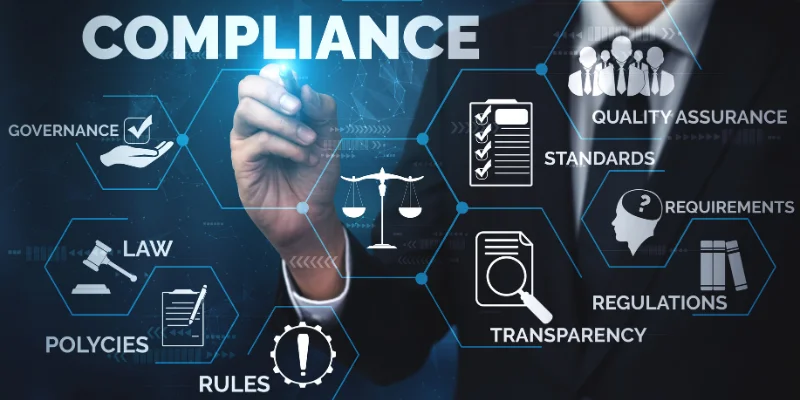
Implementing Compliância: Best Practices for Organizations
1. Comprehensive Training Programs
Investing in ongoing training programs ensures that employees are well-versed in the latest regulatory changes. This empowers them to make informed decisions aligned with the principles of Compliância.
2. Integrated Compliance Technology
Harnessing the power of technology is instrumental in navigating the complex landscape of compliance. Integrated compliance management systems streamline processes, providing real-time insights and automating routine tasks.
3. Regular Compliance Audits
Conducting regular audits is a proactive measure to identify and rectify potential compliance issues. This not only ensures ongoing adherence but also demonstrates a commitment to continuous improvement.
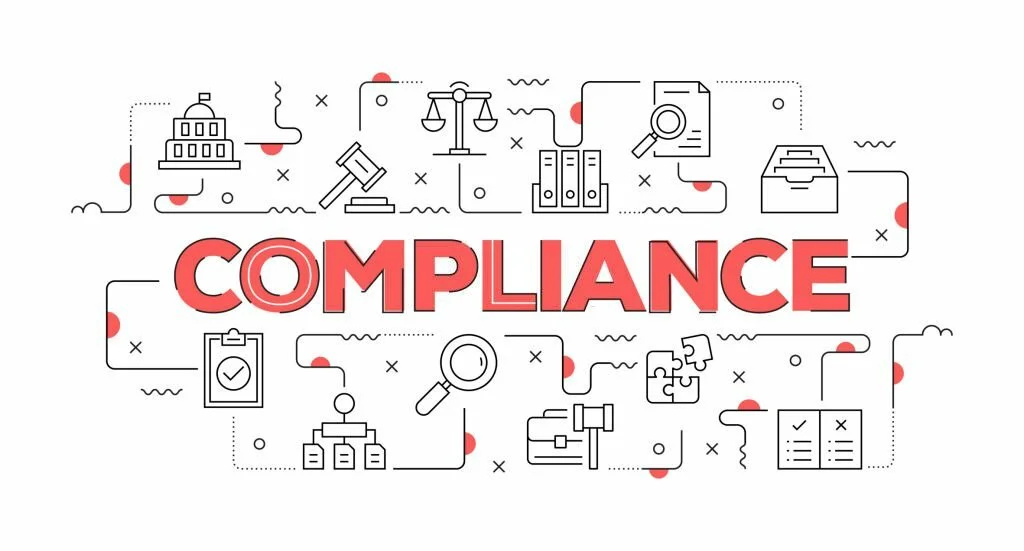
The Future Landscape of Compliância
As businesses evolve, so does the concept of Compliância. The future promises an even more interconnected and dynamic regulatory environment. Companies that embrace and adapt to these changes will not only navigate challenges successfully but will also position themselves as leaders in their industries.
Compliância only relevant to large corporations
No, Compliância is relevant to organizations of all sizes. While larger corporations may have more complex compliance needs, small and medium-sized enterprises can also benefit by building a strong foundation for ethical and compliant business practices.
Compliância contributes to risk mitigation
Compliância contributes to risk mitigation by proactively identifying and addressing compliance gaps. This proactive approach helps organizations safeguard their reputation, financial stability, and overall resilience in the face of unforeseen challenges.
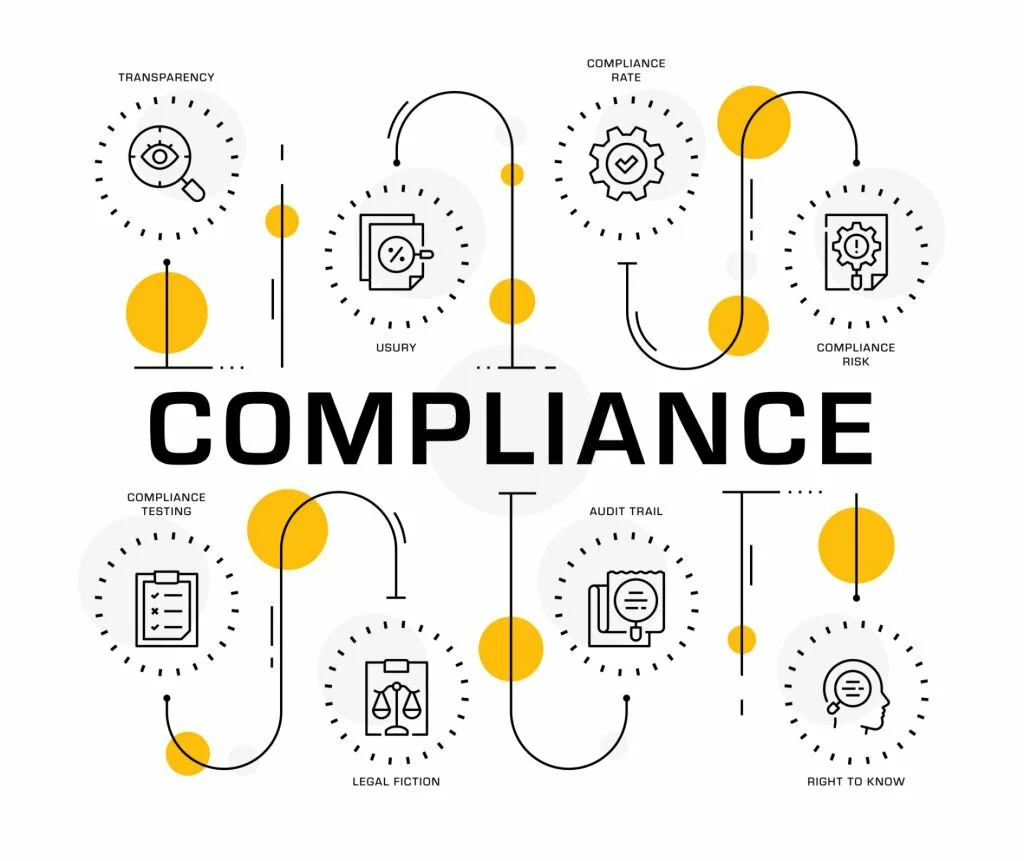
Final Thought:
In conclusion, Compliância is not merely a buzzword; it’s a strategic imperative for modern businesses. Embracing a holistic approach to compliance and governance ensures not only legal conformity but also fosters a culture of integrity and sustainability. As businesses navigate the intricate web of regulations, Compliância emerges as the guiding compass, steering them toward enduring success.
An amazing post to read about Solar Panel Teas Passage

